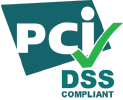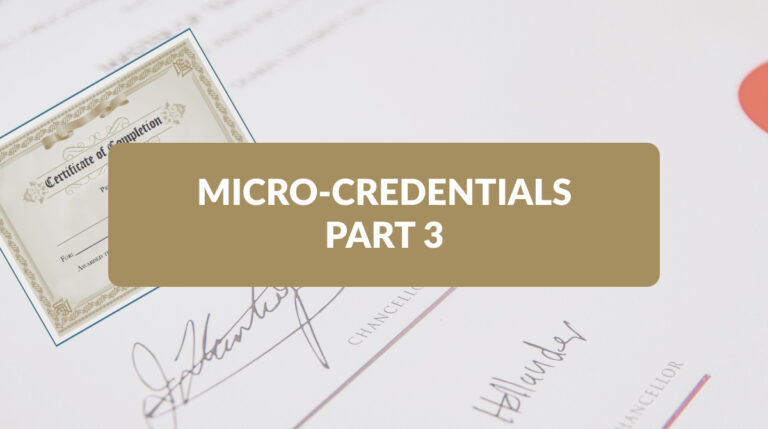Micro-credentials have achieved striking momentum in the European Union (EU). If all goes well, in three years, the EU will have implemented a full array of tools to support delivery and acceptance of micro-credentials within a highly diverse community.
Today’s EU consists of 27 countries and a population of over 500 million speaking 24 official languages. At least officially, citizens of EU member states can work in any other EU member state as readily as an American in Maine can find work in another US state. Meaning, that for the EU, credential portability and acceptance is a vital interest.
EU Micro-credentials in Context
Micro-credentials are only one element of a broad EU effort to align member states’ education systems and enhance education and employment opportunities. That program is titled European Education Area. The goal is full implementation by member states in 2025. To achieve this, the EU launched a 12-point European Skills Agenda in 2020 “to help individuals and businesses develop more and better skills and to put them to use.”

Three of the 12 Skills Agenda points are initiatives to support lifelong learning:
- Individual learning accounts: subsidized, virtual skills “wallets” helping all working age adults to fund personal training initiatives, funding to be adjusted by need
- Micro-credentials: designed to certify learning outcomes of a “small learning experience” based on transparent, clearly-defined standards recognized across EU member borders
- Europass: a free, online platform through which institutions issue tamper-proof, digital credentials, diplomas and certificates; individuals use it to manage their education and careers, obtain course and employment suggestions, manage job applications and store personal documents securely
A European definition of “micro-credential”
In December 2021, the Council of the European Union published a detailed Recommendation on a European approach to micro-credentials for lifelong learning and employability.
Among other things, it establishes a European definition of “micro-credential.”
‘Micro-credential’ means the record of the learning outcomes that a learner has acquired following a small volume of learning. These learning outcomes have been assessed against transparent and clearly defined standards.
Courses leading to micro-credentials are designed to provide the learner with specific knowledge, skills and competences that respond to societal, personal, cultural or labour market needs…
Other Guidelines from the Recommendation

The Recommendation offers guidelines for the design and issuance of micro-credentials. It defines standard elements to describe micro-credentials. It specifies educational and vocational eco-systems for their use. Further, it urges micro-credentials’ integration onto a wide range of educational and training contexts (details omitted here for the sake of brevity), etc.
The upshot is that a geo-political community of impressive size and diversity is on the verge of achieving broad agreement on the implementation of a complex and potentially powerful education and training technology. That would be a breakthrough.
Consider the Source
To do full justice to the breadth and depth of the EU’s work on micro-credentials is beyond the scope of a short blog post. To do a little investigating on your own, Kryterion suggests starting with the following EU reference sources.
Final Report: A European Approach to Micro-Credentials. Output of the Micro-Credentials Higher Education Consultation Group December 2020
A European Approach To Micro-Credentials Brochure December 2021
COMMISSION STAFF WORKING DOCUMENT: Accompanying the document Proposal for a Council Recommendation on a European approach to micro-credentials for lifelong learning and employability December 2021
Part IV Means More Micro-credential News

Part IV, coming soon, will explore the how micro-credentials are being implemented in other international contexts.
If you haven’t had the chance, take a moment to look at Micro-credentials Part 1: Meet the Snackable, Stackable Micro-credential and Micro-credentials Part 2: Meet the Handy & Helpful Micro-credential.







